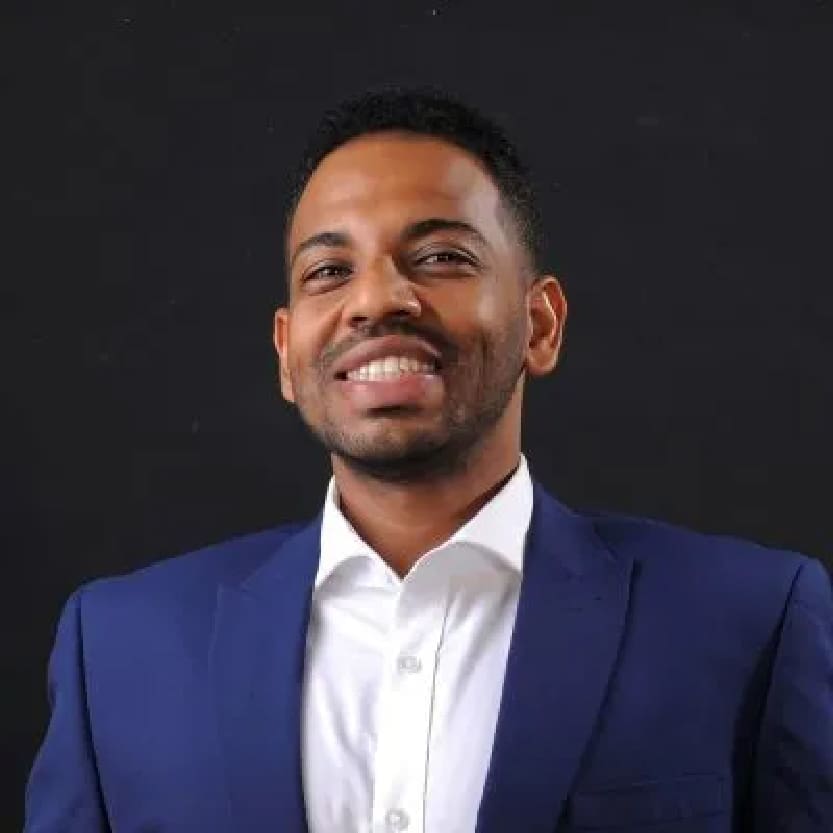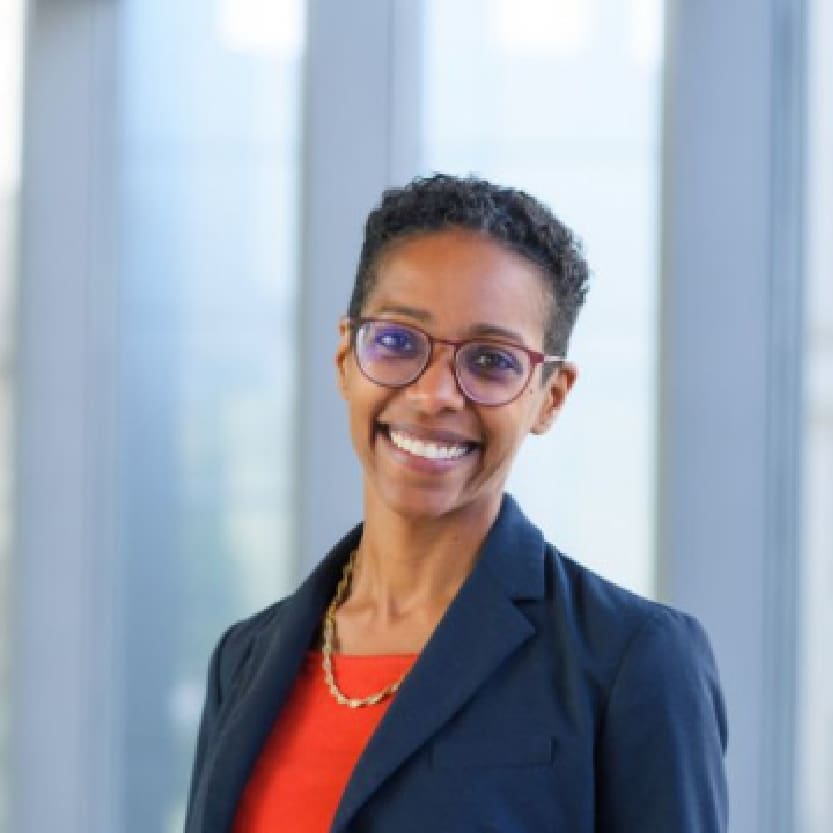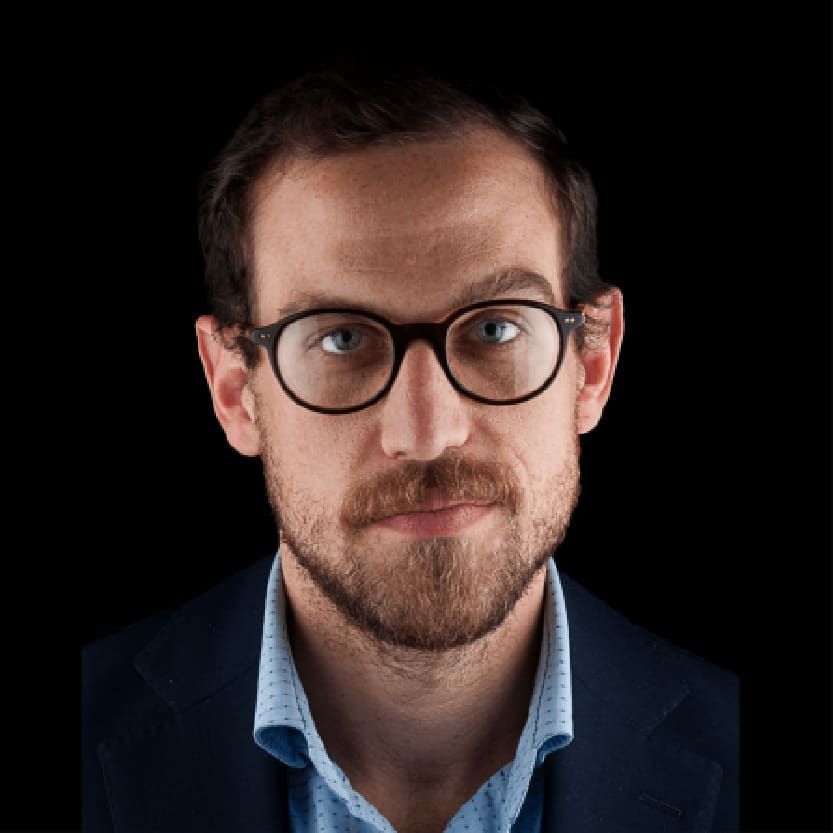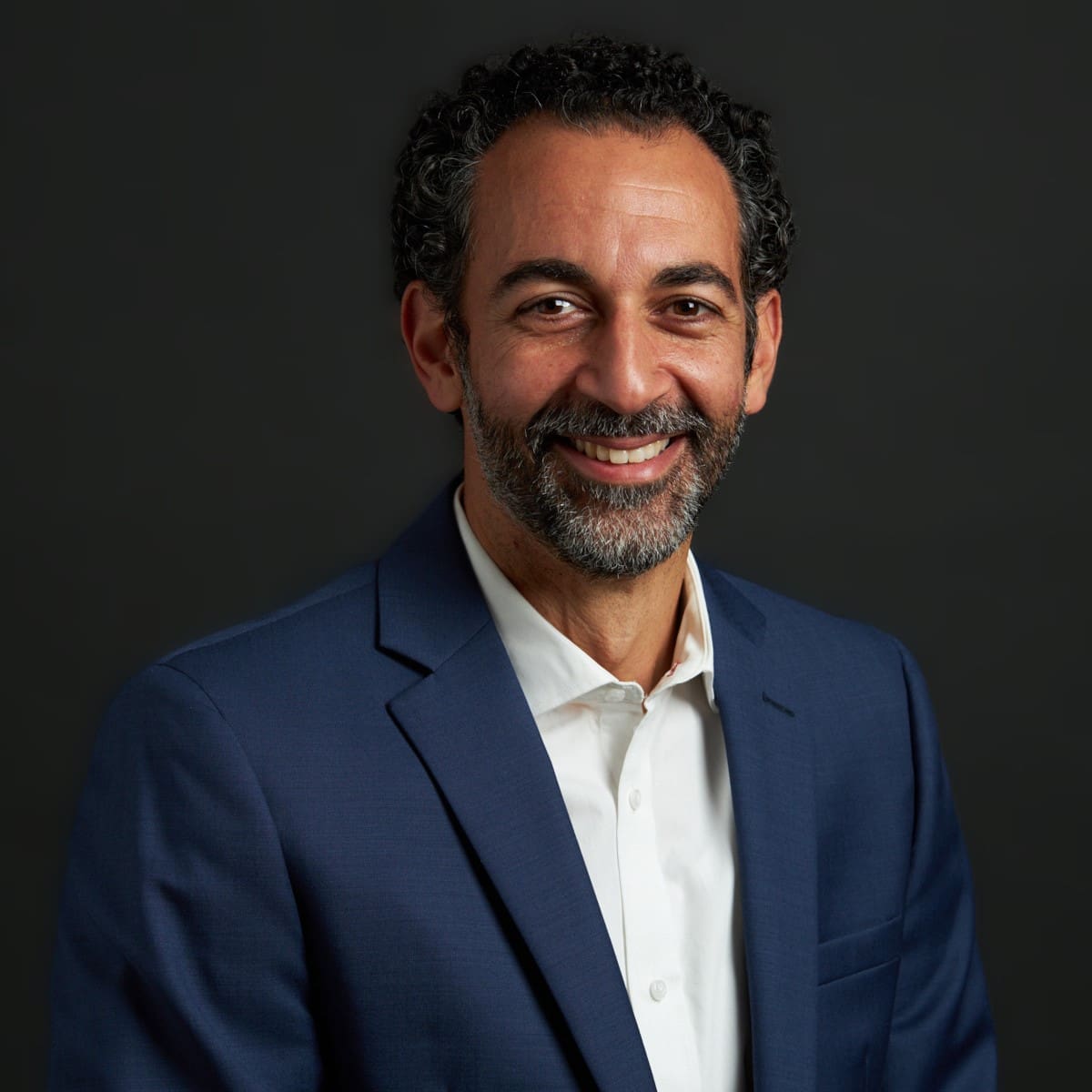Sudan War:
Two Years On
June 4, 2025
Summary
More than two years into Sudan’s devastating war between the Sudanese Armed Forces (SAF) and the Rapid Support Forces (RSF), recent developments have significantly changed the landscape. In March 2025, the SAF recaptured the presidential palace in Khartoum, a strategic victory that highlights the shifting dynamics of power within the capital. At the same time, the RSF’s establishment of a rival “Government of Peace and Unity” in Nairobi raises concerns regarding legitimacy, governance, and the potential for international recognition. Amid these power shifts, the humanitarian crisis has worsened, with over 30 million people—more than half of them children—in urgent need of aid, and famine looming over multiple regions. Moreover, the war has drawn in global actors: from Russia’s Red Sea ambitions to increasing involvement by Iran, Egypt, and Gulf states, Sudan has become an increasingly contested geopolitical landscape with far-reaching implications.
In response to these critical developments, the Middle East Council on Global Affairs (ME Council) convened a panel of experts to examine the trajectory of Sudan’s conflict and its broader implications. Key questions included: How to stop the war from going into a third year? What are the prospects for a negotiated settlement given the current power dynamics and fragmentation? What role do regional and international powers play in either exacerbating or alleviating the crisis? How might regional actors influence mediation efforts; can Türkiye and key Gulf States succeed in such a task? And amid deepening famine and displacement, what options remain to ease the humanitarian catastrophe?
Mai Hassan – MIT
- The war in Sudan is not simply due to tensions between two power-hungry leaders, but rather has been systemically manifested by the previous authoritarian Islamist regime, led by Omar al-Bashir, who created different centres for power in the state, which then united after the revolution and in the first two years of the transition period. The two factions were able to exclude the civilian branch, demonstrated in the 2021 coup. Questions emerged surrounding the future of Sudan’s leadership, leading to the outbreak of war in 2023.
- Often the conflict in Sudan is reduced to one demonstrating the tensions between African and Arab groups; however, this doesn’t apply as both Burhan and Hemedti have Arab and African origins. Two other cleavages can better explain the conflict in Sudan: the conflict between Islamist (SAF) vs. non-Islamist (RSF) groups, and the conflict between the center and the (Khartoum riverine elites and leaders) and the periphery, with the RSF positioning itself as a force against Khartoum’s hegemony.
- Sudan is essentially stuck in a “coup-civil war trap”. Groups that have amassed the most power, through proliferation and the industrial war complex are invited to negotiations when discussing key political decisions, both domestically and internationally. This creates a dangerous precedent in which whoever can generate the most attention and inflict the most harm has a seat at the bargaining table.
- The humanitarian cost of the war and the long-term damage are detrimental, severely disrupting every sector of the population. One of the main drivers of the continuation of the dominance of rebel groups is lack of educational and employment opportunity for youth, particularly young men. Sudan’s post-conflict rebuilding process will need to consider the needs of youth.
Hamad Khalafallah- PHD Candidate
- It is essential to remember that the war is a continuation, in its essence, of the counter-revolution that resulted from the joint venture between the SAF and the RSF. Rapid changes in the frontlines have not stopped the heinous acts committed against civilians and humanitarian workers, as both parties have attempted to consolidate their control in different parts of the state.
- Since the RSF established the rival Nairobi-based “unity and peace government,” it has failed to demonstrate actual unity or effective governance.
- The war has had gendered implications, particularly impacting the status of women and children across the country.
- The 2018 revolution was spearheaded by youth resistance groups, which have transformed into key actors undertaking most of the humanitarian efforts during the war, especially in areas where international groups have been absent. These youth groups have been systematically targeted, detained, and killed, accused of collaborating with the other warring faction. The international community has excluded and sidelined the youth from political processes, negatively affecting their operations in the country.
- Both warring factions are creating their own narratives but lack genuine support or legitimacy. Support shows are largely strategic and based on individual chances for survival.
Alan Boswell – International Crisis Group
- Sudan sits in a pivotal position in a regional multipolar system, and the war has had very destabilizing effects for its neighbors, given the country’s location at the crossroads of North Africa, the Horn of Africa, the Sahel, and the Red Sea.
- Egypt is a major backer of the SAF, while Kenya, Chad, and Uganda are more aligned with the RSF. Regional divides supporting different sides of the conflict are now emerging in other crises in the Horn of Africa, contributing to regional polarization.
- There are many countries that are involved in the war, but they are each competing for their own interests and are continually influenced by their historical connections with Sudan, shifting their alignment in the conflict.
- Peace discussions will likely not only be between the two Sudanese armed groups but also will include regional actors, further complicating conflict resolution. A peace settlement would most likely lead to a de facto partition government between the RSF and the SAF and de-escalation of the conflict. In the short term, an externally-led approach to reach a ceasefire seems most feasible.
Speakers

Hamid Khalafallah
PhD Candidate

Mai Hassan
Associate Professor, MIT


